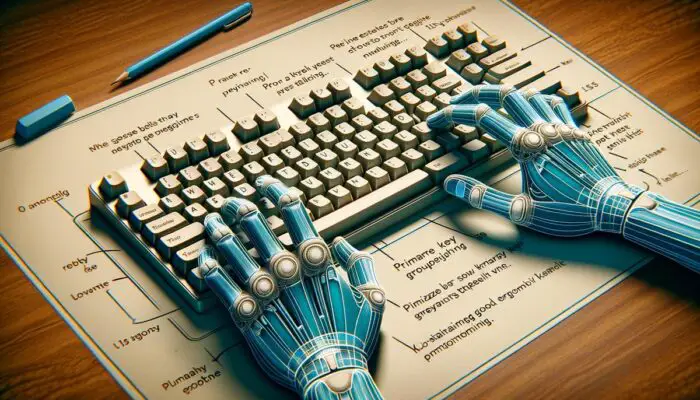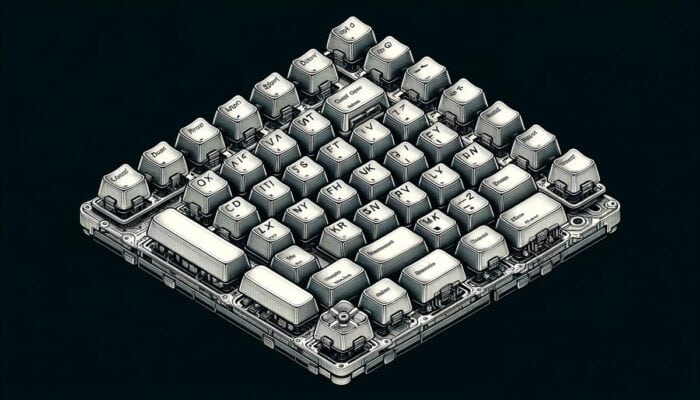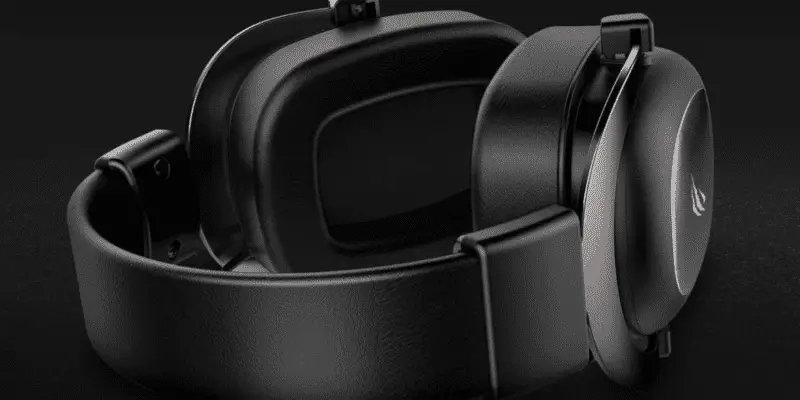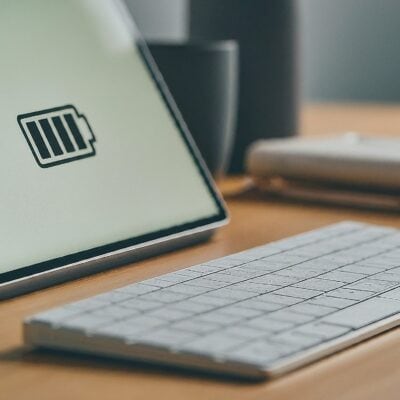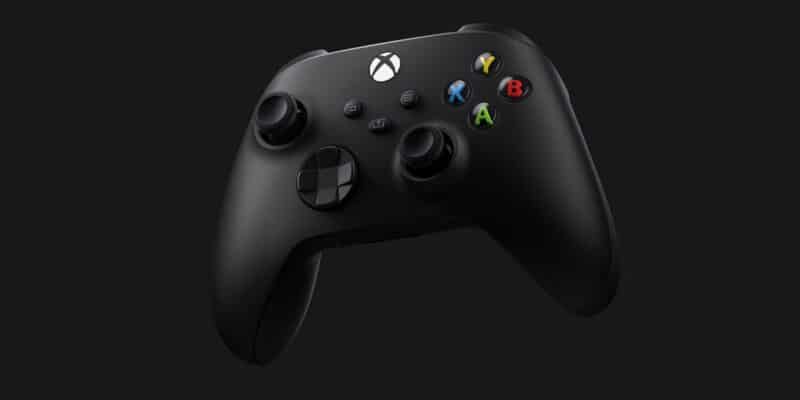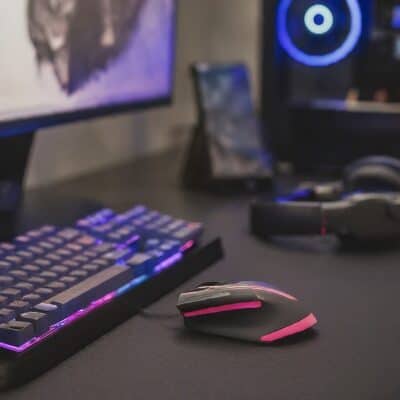Gaming Laptops, Blog
Why Do Gaming Laptops Get So Hot? 4 Superb Facts About It
Why do gaming laptops get so hot? Gaming Laptops are one of the most popular devices for gamers. They offer a powerful and portable device for gamers to take with them on-the-go. However, many gamers have found that their laptops are getting really hot. Are all gaming laptops get so hot? Read this article until end to know more about it. In this blog, we also have an article about xiaomi mi gaming laptop windows 10 brand that you might want to read about it.
Why Do Gaming Laptops Get So Hot
Yes, it’s true that gaming laptops are supposed to get hot. But how hot is too hot, what temperatures are considered normal?
On idle, a laptop’s temperatures should average between 30°C and 40°C. And when under load, the temperatures of both the CPU and GPU should average between 70 and 80°C. Anything below 80°C is considered a safe temperature. Beyond 80°C, most gaming laptops will start to throttle.
However, depending on the design, some gaming laptops will start to throttle at 90°C. And at roughly 99°C, your laptop should automatically shut down to prevent permanent damage to the CPU, GPU, and other components soldered onto the motherboard.
But Don’t Get It Too Hot
For those seeking an even hotter experience, aftermarket cooling options like as liquid cooling or air cooling systems are available to assist in preventing your computer from overheating. These, however, add to the system’s cost and complexity. Therefore, unless you’re prepared to invest in a new machine, just ensure that your computer’s working range does not exceed the suggested range.
What Are the Symptoms of a Gaming Laptop Overheating?
When your gaming laptop overheats, it may cause a variety of issues. The following are some common ‘symptoms’ of laptop overheating:
- Your laptop shuts down unexpectedly. (shutting down due to overheating is a safety feature that prevents permanent hardware damage)
- Your computer’s fans are continually whirling at a high speed and becoming rather noisy (this means the fans are working super hard to cool your laptop)
- Your laptop is sluggish and struggles to do routine activities (a sign of CPU or GPU throttling)
- Certain sections of your laptop, such as the keyboard or where your wrists rest, get quite heated (heat from the interior of your laptop is being transferred to these areas)
- Your computer will only overheat when particular games or apps are opened (it could be a sign of a poorly optimized game or software)
- You see pop-up error messages about the CPU’s temperature or fan failure.
- Your brand-new gaming laptop begins to overheat (it could be a problem with the software or poorly designed cooling mechanism)
- Your aging gaming laptop has begun to overheat (it could be a sign you need to clean your laptop, reapply thermal paste, or replace faulty fans)
How To Correct It
Replacing Defective Fans
As with thermal paste, fans need replacement after a few years. They lose effectiveness when they get damaged and are unable to pull in sufficient air. Inadequate air circulation eventually resulted in overheating.
When gaming, place your laptop on a hard, flat surface.
The majority of gaming laptops have bottom-mounted air intake vents. Therefore, by resting your laptop on a flat, firm surface, you create some gap between your computer and the surface on which it is resting. This enables it to suck in more air and cool internal components more easily. By purchasing a laptop cooling pad, you may further optimize air circulation around your laptop. If you’re going to be using your laptop in bed, invest in a lap desk.
If You Have Previously Overclocked Your Laptop’s CPU And GPU
Overclocking causes your CPU and GPU to run at faster rates than the manufacturer intended. And without an adequate cooling system to disperse the additional heat generated by overclocking, your gaming laptop will undoubtedly run hot.
To resolve this issue, you must restore the factory default settings for your CPU and graphics card. Bear in mind that you should backup all of your data to an external storage device to avoid losing critical information.
Related Articles For You!
- You may like: Do Gaming Laptops Break Easily? Is It Good To Have? 5 Superb Facts That You Should Know About This
- You may enjoy this article about: What Makes A Gaming Laptop Different? 4 Fascinating Reasons Why It’s Different With Normal Laptop
Our Latest Posts:

